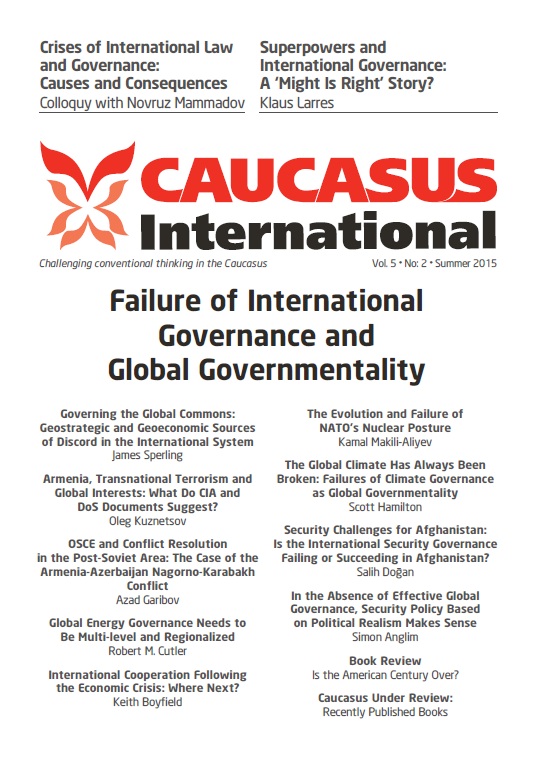International Cooperation Following the Economic Crisis: Where Next?
This paper examines initiatives to oversee a coordinated response to the recent worldwide economic crisis. The paper highlights the manner in which the regulation of the global financial system was dangerously fragmented, triggering the collapse of leading banks such as Lehman Brothers and the Royal Bank of Scotland (RBS). In order to address the disintegration in international confidence, world leaders were obliged to act – overtly through the G20, but more covertly via the US government’s willingness to act as the lender of last resort. Turning to the role played by key institutions established by the Bretton Woods Agreement, the paper assesses the responses of the Bank for International Settlements (BIS), the International Monetary Fund (IMF) and the World Bank. Focusing on future challenges, this paper highlights the way in which the Eurozone has continued to suffer from spasmodic growth, with many EU members recording erratic progress and high levels of unemployment. The Euro has been a casualty, reflecting a fault line in strategy between France and Germany, clearly demonstrated in the ongoing crisis surrounding Greece. By contrast, other regions of the world have achieved impressive levels of economic growth. This has been helped by regional development banks, such as the African Development Bank (AfDB) and the Islamic Development Bank (IDB). Meanwhile, China has opted to create a brand new Asian Infrastructure Investment Bank (AIIB) with the support of a cluster of OECD partners. The article concludes by noting that the world’s response to the financial crisis has illustrated the shifting epicenter of global economic power. The US is losing its pre-eminence to China and a more self-confident Islamic world. The EU remains inward-looking, and the IMF’s support for continued Greek membership of the Euro has raised questions about the Fund’s future direction and leadership
Latest news
- 03/17/2020 Call for Submission: “Non-Alignment Movement and Its Perspective in International Affairs”. Deadline: 1 July 2020 2574 views
Popular articles
- 02/24/2020 The Role of Irredentism in Russia’s Foreign Policy 2491 views
- 02/24/2020 Construction of sub-national identity vis-à-vis parent state: Gagauz case in Moldova 2174 views
- 02/24/2020 The Conflict in Ukraine - The Geopolitics of Separatism and Divergent Identities (Commentary) 2030 views
- 02/24/2020 The Role of the Soviet Past in Contemporary Georgia 2004 views





